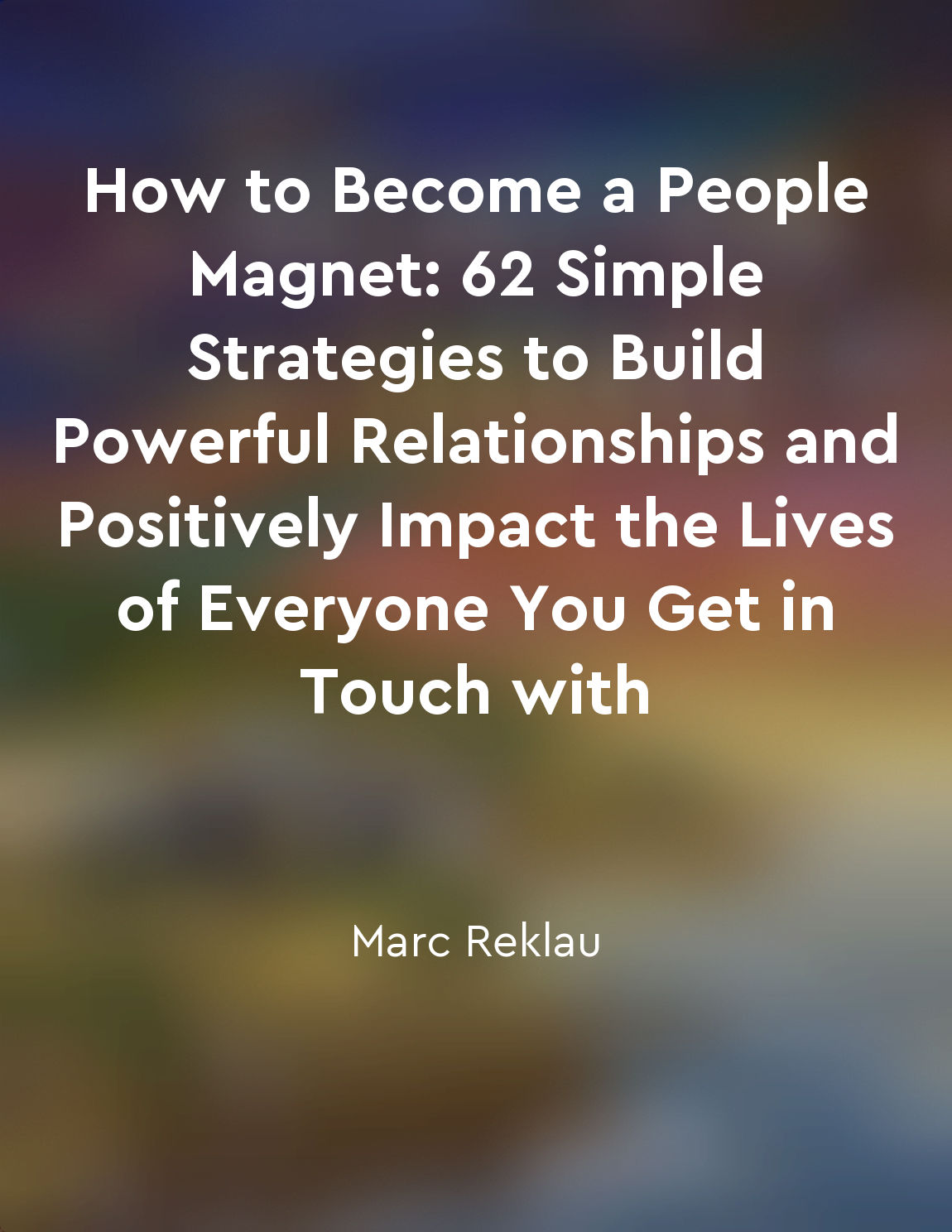It involves nonjudgmental awareness from "summary" of MINDFULNESS FOR BEGINNERS. by JON. KABAT ZINN
This concept of nonjudgmental awareness involves paying attention to our thoughts, feelings, and sensations without evaluating or critiquing them. It requires us to simply observe what is happening in the present moment without getting caught up in a cycle of judgment or analysis. By cultivating an attitude of openness and curiosity towards our experiences, we can develop a greater sense of clarity and insight into our internal world. When we practice nonjudgmental awareness, we refrain from labeling our experiences as good or bad, right or wrong. Instead, we acknowledge them for what they are without trying to change or manipulate them. This allows us to see things as they truly are, free from the distortions of our own biases and preconceptions. By letting go of our tendency to judge, we create space for a more authentic and compassionate way of relating to ourselves and others. Nonjudgmental awareness also involves acceptance of whatever arises in our awareness, whether it is pleasant, unpleasant, or neutral. Rather than resisting or avoiding difficult thoughts and emotions, we can approach them with a sense of equanimity and understanding. This does not mean that we passively resign ourselves to our circumstances, but rather that we cultivate a sense of peace and resilience in the face of life's challenges. By practicing nonjudgmental awareness, we can learn to break free from the cycle of reactivity and automatic pilot that often governs our lives. Instead of getting swept away by our thoughts and emotions, we can choose how to respond to them with greater wisdom and compassion. This form of mindfulness invites us to embrace the full spectrum of our human experience with kindness and openness, leading to a deeper sense of connection and well-being.Similar Posts

Build trust through consistency and reliability
Consistency and reliability are key components in building trust with others. When you consistently follow through on your word...
Treat happiness as a byproduct, not a goal
Many of us never quite manage to shake off the suspicion that there's something a little bit self-indulgent, even irresponsible...
Develop resilience to overcome challenges
Resilience is a critical component when it comes to overcoming challenges. It is the ability to bounce back from setbacks, adap...
Manage expectations to avoid unnecessary stress
To prevent undue stress, it is crucial to adjust your expectations and be realistic about what you can achieve. By managing you...
Mindfulness involves tuning into your thoughts and emotions without judgment
Mindfulness involves tuning into your thoughts and emotions without judgment. This means paying attention to what is happening ...
Compassion towards ourselves heals our inner wounds
When we turn our attention inward with a caring and compassionate attitude, we begin to nurture and heal the wounds that have b...
Breathing exercises can help ground you in the present moment
Breathing exercises serve as a powerful tool to help bring us into the present moment. When we focus on our breath, we are able...

Cultivate a mindset of abundance, not lack
The concept of cultivating a mindset of abundance is all about shifting your focus from what you lack to what you have. It's ab...
Reflecting on setbacks promotes learning
When we encounter setbacks, our natural inclination may be to avoid thinking about them. We may feel embarrassed, disappointed,...
Mindfulness can enhance emotional regulation and wellbeing
When we are mindful, we are paying attention in a particular way: on purpose, in the present moment, and nonjudgmentally. This ...
